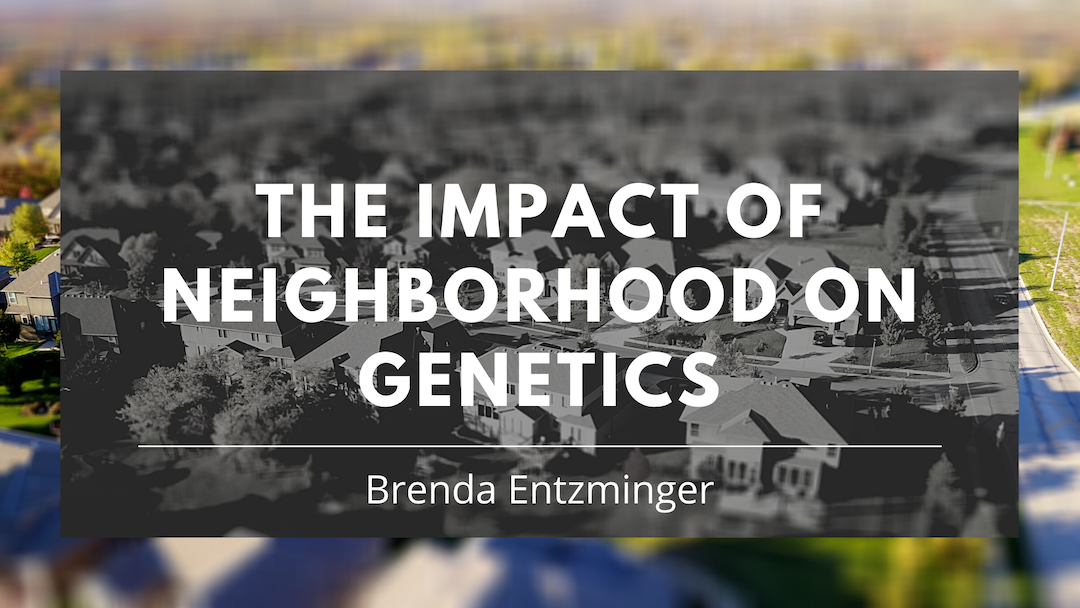Throughout life, it’s not uncommon to move at lease several times. Yet, researchers at King’s College in London are finding that your childhood neighborhood can influence how your genes work, impacting your health well into adulthood. The health disparities of disadvantaged neighborhoods are well-documented, however, scientists wanted to delve deeper into the impact at the genetic level. In trying to address the disparity, researchers need to understand how people living in disadvantaged neighborhoods end up with worse health outcomes.
The research team examined epigenetics or gene regulation to better understand this. Gene regulation plays a key role in how bodies develop over time. The set of ways that genes are regulated is known as the epigenome. The epigenome is comprised of proteins and chemical compounds that can change genetic activity by attaching to segments of DNA. While this doesn’t alter the DNA sequence itself, it can influence how the genes work by turning on a gene to produce certain proteins or turning it off to inhibit the process.
The proteins produced by our genes are required for the structure, function, and regulation of our tissues and organs. The activation of certain genes can sometimes yield a devastating effect, such as allowing a cancerous tumor to grow. Turning off genes can also interfere with the function of our bodies, such as preventing bone growth.
For the study, the researchers looked at the epigenomes of approximately 2000 children born in England and Wales between the years of 1994 and 1995 and followed their progress over the past two decades. In order to characterize the physical, social, economic, health, and safety characteristics of these neighborhoods, the researchers used diverse sources of data such as resident surveys and local government and criminal justice databases. They then compared this information with epigenetic data derived from blood samples of study members.
What the research team discovered was hardly shocking: children who grew up in more disadvantaged neighborhoods had differences in the regulations of genes previously linked with chronic inflammation and the development of lung cancer. The findings support the idea that gene regulation may be one way that neighborhood disadvantage causes long-term health problems, and they also suggest that outwardly healthy children from these neighborhoods may enter adulthood wired differently at the cellular level.
The issue of health disparities is one that is multifaceted and difficult to resolve. The work of the researchers at Kings College lends credibility to the idea that residents poorer neighborhoods often exhibit poorer health. However, this study is only the beginning, and further research will help to see whether these epigenetic differences in young adults are lasting or modifiable.
